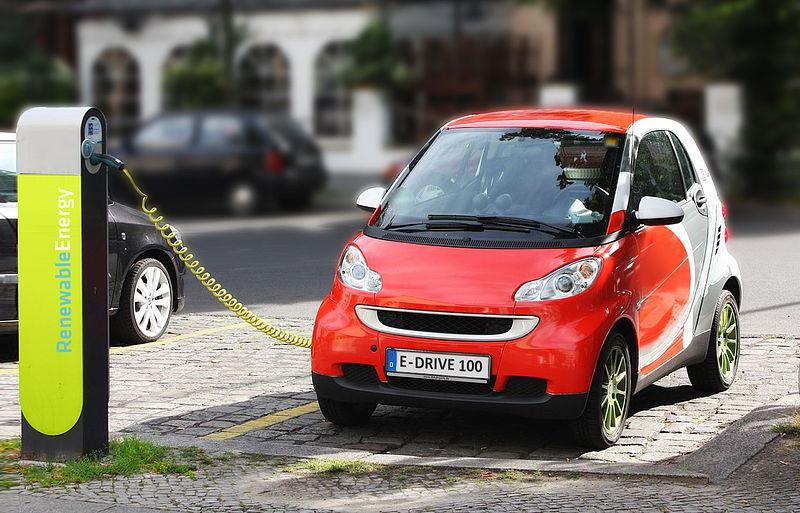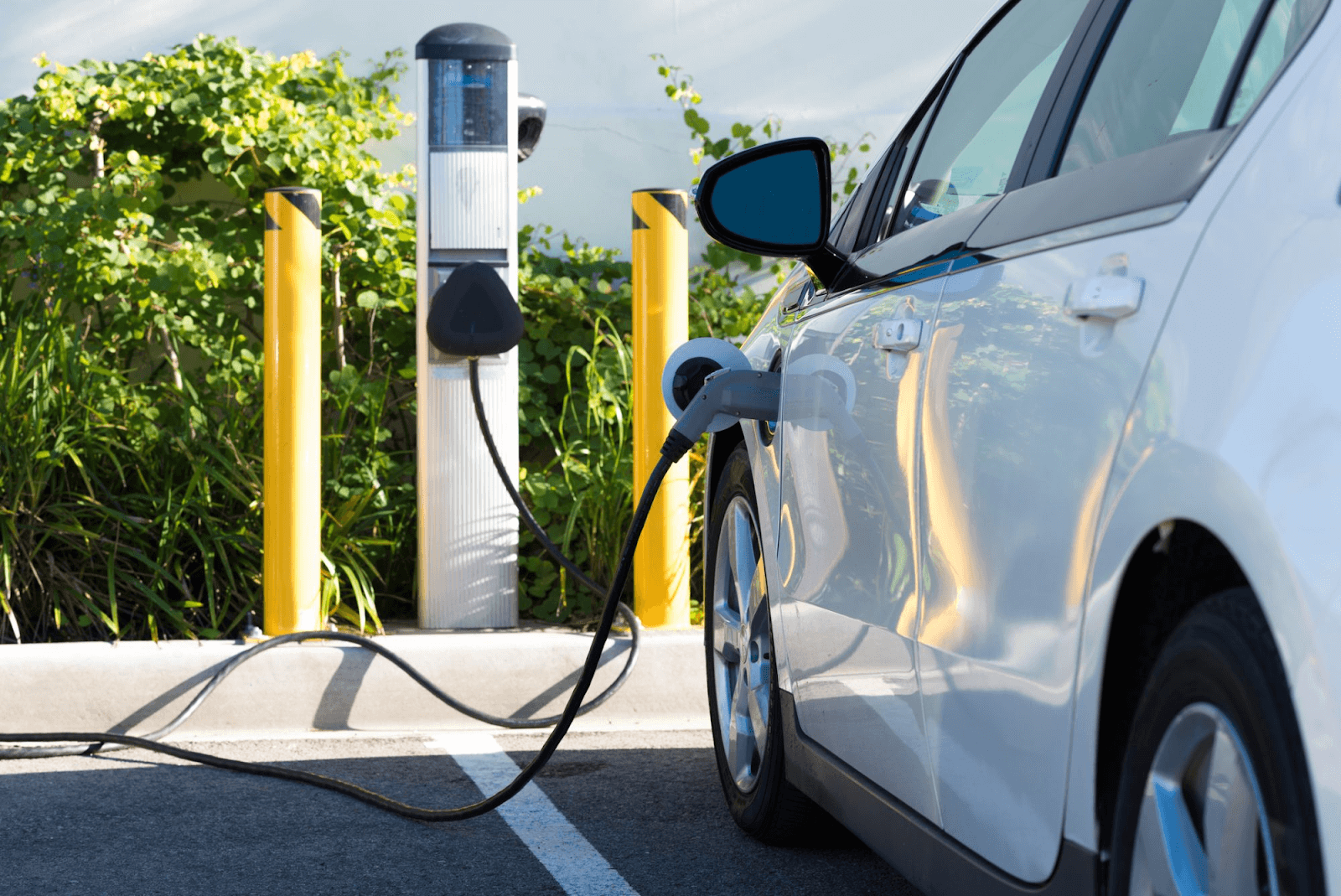
Roman Danaev
Just like with traditional fuel-powered vehicles, the cost of running an electric car varies depending on the model, make, and specific features of the vehicle. This means there’s a budget-friendly option for everyone, including those looking to buy an EV.
The great news is that electric vehicles are likely to save you money over time. Electricity is much cheaper than petrol or diesel, and electric cars require less maintenance. Plus, there are various incentives available, like government grants or schemes, Vehicle Excise Duty discounts or exemptions, and even exemptions from Fuel Duty.
Alright, let’s get into the real cost of owning an EV. And while we’re on the topic, here’s your reminder to consider Carplus for financing a used electric car on the best terms possible.
Cost of an electric car
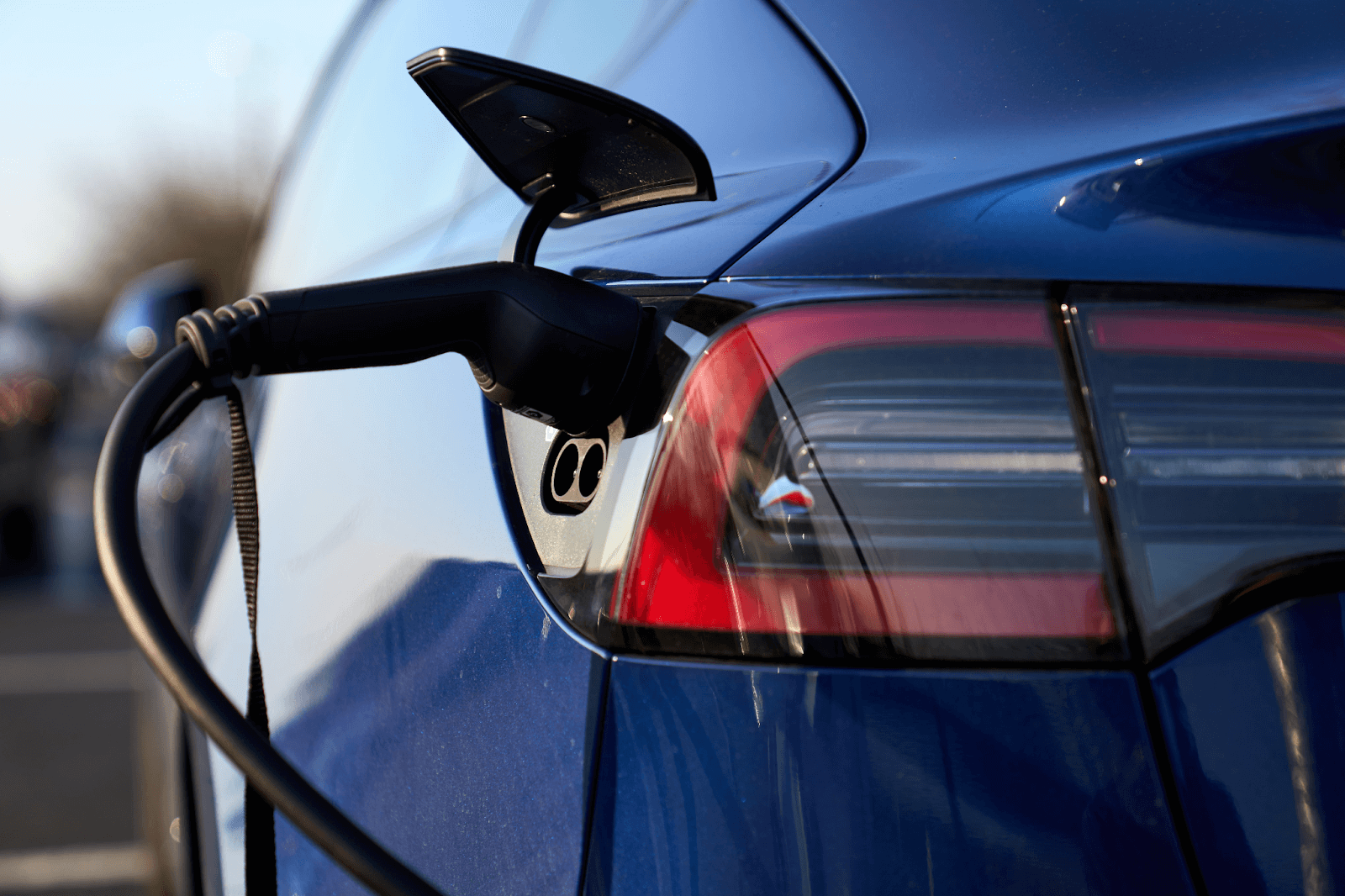
The electric car cost is a major concern for many drivers, especially with the impending ban on new diesel and petrol car sales in 2035. This includes both the initial purchase price and the ongoing running costs. However, there’s good news. EVs are increasingly available in the used car market and are quite economical to run and maintain.The electric car cost is a major concern for many drivers, especially with the impending ban on new diesel and petrol car sales in 2035. This includes both the initial purchase price and the ongoing running costs. However, there’s good news. EVs are increasingly available in the used car market and are quite economical to run and maintain.
Cost = Purchase Price + Tax (if applicable) + Insurance + Charging Cost + Maintenance
Even though the upfront cost of an electric vehicle is higher, you can save money in the long run with lower charging, maintenance, insurance, and tax.
Besides, as electric car technology advances, their prices are decreasing. It’s anticipated that they will soon be more affordable than traditional petrol and diesel cars. This shift towards affordability is encouraging for those considering EVs.
Electric car prices
In the used EV market, you have a wide range of choices price-wise. You can decide to splurge on a high-end model or get a reasonably priced option that’s reliable for everyday use. It all depends on what you’re searching for. Here are some of the best cars in this category:
| Model | Year | Price |
|---|---|---|
| Renault Zoe | 2018 | £12,998 |
| Nissan Leaf | 2019 | £16,900 |
| Mazda MX-30 | 2021 | £17,599 |
| BMW i3 | 2018 | £17,989 |
| MG ZS | 2020 | £17,494 |
| Vauxhall Corsa | 2020 | £18,000 |
| Peugeot 208 | 2021 | £19,993 |
| Citroën C4 | 2022 | £23,000 |
| Kia Niro | 2020 | £23,990 |
| Volkswagen ID3 Family | 2021 | £25,980 |
| Hyundai Kona | 2021 | £24,000 |
| Hyundai Ioniq | 2020 | £25,499 |
| Kia Soul | 2020 | £26,490 |
| Tesla Model 3 | 2019 | £26,999 |
| Jaguar I-Pace | 2020 | £33,480 |
So, the average price range for the electric cars listed on Carplus is about £24,000.
The Zoe has historically been the cheapest electric car. But other models, like the Leaf, the MX-30, the i3, the ZS, the Corsa, and the 208 in standard trims, still manage the sub-£20,000 starting price. This makes them some of the cheapest electric cars. But even higher-end models offer competitive pricing compared to their features and performance.
Learn more in the article - Why are electric cars so expensive?
What are the running costs of an electric car?
As we’ve mentioned earlier, most costs related to electric cars tend to be lower. Here are the specifics:
Electric car tax

Electric car buyers find savings in vehicle tax, commonly known as road tax. Since March 2001, the taxation rates for cars have been structured around thirteen bands. Each band is linked to a specific range of tailpipe CO2 emissions as measured in official tests.
If an electric car’s list price is under £40,000, you won’t have to pay road tax, which is required for other cars. In comparison, cars with high CO2 emissions face a substantial £2,135 first-year tax, followed by an additional £145 every year. This contrast makes electric cars highly attractive from a financial standpoint.
For electric cars priced above £40,000, the vehicle tax is £320 annually. However, this higher rate only applies for five years after the second vehicle tax payment.
Electric car insurance
This is one exception from the theme here. Insurance for electric cars is sometimes pricier.
The quicker acceleration of EVs compared to ICE cars leads insurers to charge higher premiums, as they view this as a potential risk for accidents. Also, because EVs generally cost more to buy, insurers might have to pay more if they get damaged or totalled, which drives up insurance costs. For example, the lowest insurance group for a VW Golf is 7, whereas the electric VW e-Golf is in group 15.
However, opting for a more affordable car that is not designed for high performance and is suitable for everyday use should help keep insurance costs down.
As EVs become more popular and more people choose them, their insurance costs will likely decrease compared to petrol or diesel vehicles. Prices will also drop as the insurance market for EVs gets more competitive.
Electric car maintenance
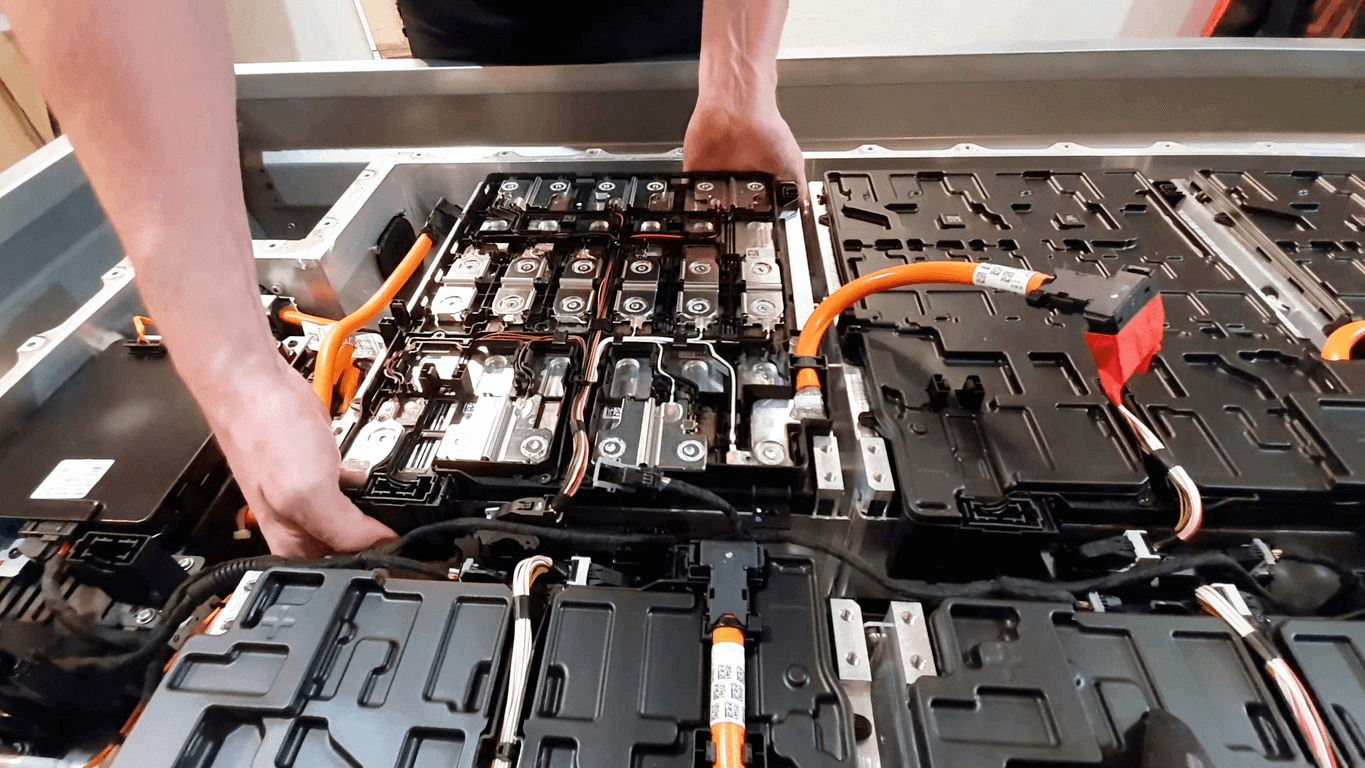
Maintaining electric vehicles is generally cheaper than maintaining ICE models. This is because EVs have fewer moving parts that need maintenance and can break down. Without oil changes, spark plug replacements, or exhaust systems to worry about, there’s much less upkeep required for an EV.
Servicing costs for electric cars differ based on the model you drive. An electric SUV or sports car from a higher-end brand like BMW costs around £800 for servicing and an entry-level model Nissan Leaf falls closer to £200.
Some worry about needing to replace electric car batteries, but the reality is that you’ll probably never have to. Many high-mileage used EVs show that these batteries are durable. Manufacturers also offer longer warranties for EV batteries and motors than for ICE cars. Battery health may decline over time, but it usually won’t cause significant problems.
If needed, though, replacing a battery costs between £3,000 and £5,000, depending on the manufacturer. For example, Nissan has a battery replacement scheme for its electric cars in the UK, including the Nissan Leaf range. The replacement costs £4,920 (for a standard-kit model), and buyers receive £1,000 cashback for their old battery.
Charging
The cost of charging your electric vehicle varies based on how you choose to charge it.
Most of your charging will likely happen at home. On average, electricity costs around 32p per kWh in the UK. Charging a 60kWh electric car to full capacity costs about £17, which gives roughly 200 miles of range. Changing to a dual-rate electricity plan for EV drivers could lower these expenses even more.
You can also charge an electric car at public locations like supermarkets or car parks. This is often free, at least for now, while EVs are just becoming more common and need more incentives. Some workplaces also offer free charging, which potentially eliminates the need for home charging, especially if you spend a lot of time there.
The highest charging costs usually come from rapid charging points at motorway service stations. These can quickly boost your charge, so expect to pay around £22 for a 30-minute charge.
Benefits of an electric car
Owning an EV comes with a variety of advantages, with the main ones being:
- Environmentally friendly — Although EV production and battery materials mining produce CO2, it’s less than that from fossil fuel vehicles. As renewable energy use increases, the lifetime CO2 emissions of EVs will drop further. EVs also reduce air pollutants like carbon monoxide, nitrogen oxides, and particulates.
- Reduced fuel costs — EVs are cheaper to run compared to petrol or diesel cars. For example, driving a Hyundai Kona Electric for 1,000 miles costs about £904 per year in electricity, compared to £2,421 in petrol for the same distance. Plus, you can charge for free in certain areas.
- Less maintenance and lower tax — EVs don’t require engine component replacements or oil changes. Vehicle Excise Duty for EVs is currently zero, while petrol or diesel cars pay between £130 and £2,605 a year. EVs are exempt from charges in UK clean air zones and the London Congestion Charge.
- Quieter, more serene driving experience — EVs are much quieter to drive. Moreover, research shows that EV drivers are calmer and more focused.
- Better performance — Modern EVs, like the Tesla Model S Plaid, outperform many traditional cars, with faster acceleration and higher top speeds.
- Impressive fuel savings — EVs convert over 77% of the electricity from the grid to power at the wheels, compared to about 20% efficiency for petrol or diesel. The other 80% is lost as heat and in other energy-consuming components.
The future is electric
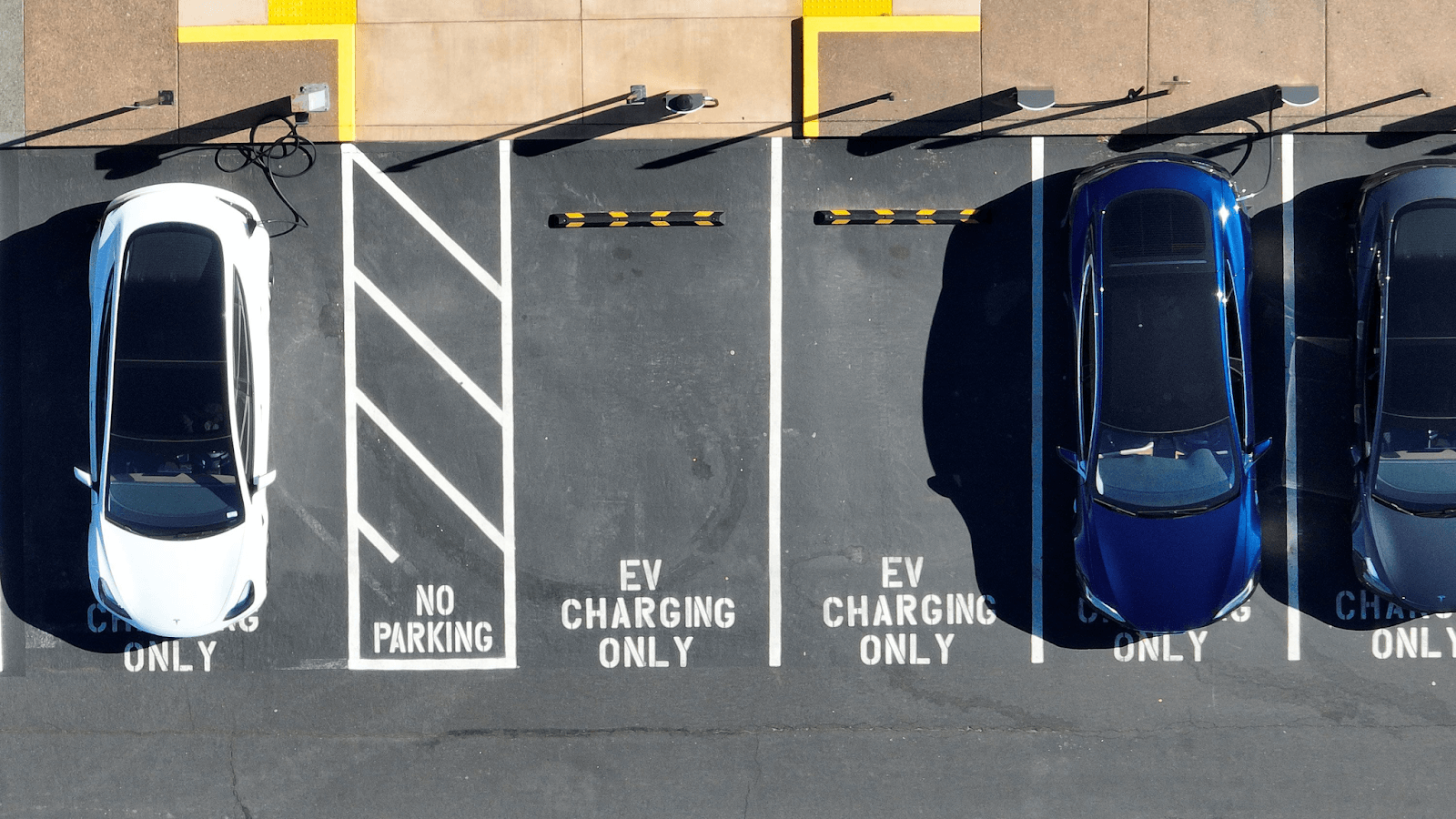
Electric car sales are booming, with expectations that by 2030, half of all new car sales in the UK will be electric. In the near future, you’ll still see other cars on the road. But it’s likely that most cars will be silently driving by without making any noise.
Electric cars are seen as a key solution for the UK’s net zero goals. They also improve local air quality and have lower running costs than petrol or diesel models. But the main reason more people are switching to EVs is that they prefer the driving experience.
Not long ago, the choices were limited to quirky models like the Nissan Leaf. But now, the market offers a wide range of options, from practical cars like the updated Leaf to stylish choices like the Renault Zoe and the high-performance Tesla Model 3. This shift toward electric vehicles is set to continue, with more electric versions of mainstream cars on the horizon.
Learn more in the article - Should I Buy an Electric Car?
Carplus helps you buy an electric car on finance
Carplus makes buying an electric car on finance with flexible options a breeze. Whether you’re interested in popular cars or exploring more niche choices, Carplus is here to navigate the financial side of your purchase.
Conclusion
Electric cars are great for city or suburban drivers with shorter daily commutes under 100 miles because urban areas have more developed charging infrastructure. The government is expanding this network, making EVs more convenient.
There aren’t cheap EVs yet, as they’re a bit more expensive to buy, new or used. However, with fuel costs rising and benefits increasing, the electric car cost is getting more manageable. Now’s a good time to think about making the switch.
Contents
Latest News
| Loan amount: | £16,000 |
|---|---|
| Length of loan: | 60 months |
| Interest rate: | 12,9% |
| Amount of interest | £5,793.84 |
| Total payment: | £21,793.84 |



